

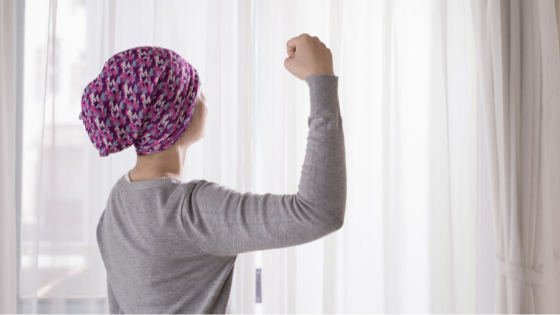
Cancer patients must maintain a healthy weight and eat nutritional foods. Cancer therapy can sometimes lead a person to eat less and lose weight as a side effect. You can become weak and malnourished if you lose weight without scientific structured nutrition plan.
Partial reduction in food intake due to side effects of anti-neoplastic treatments (CT, RT and surgery) results in large calorie deficits over time leading to malnutrition, and post-treatment morbidity and mortality.
#1 Percent daily deficit (e.g. >25%, >50%, or 75% of energy requirements), the expected duration, as well as the degree of depletion of body reserves should be monitored.
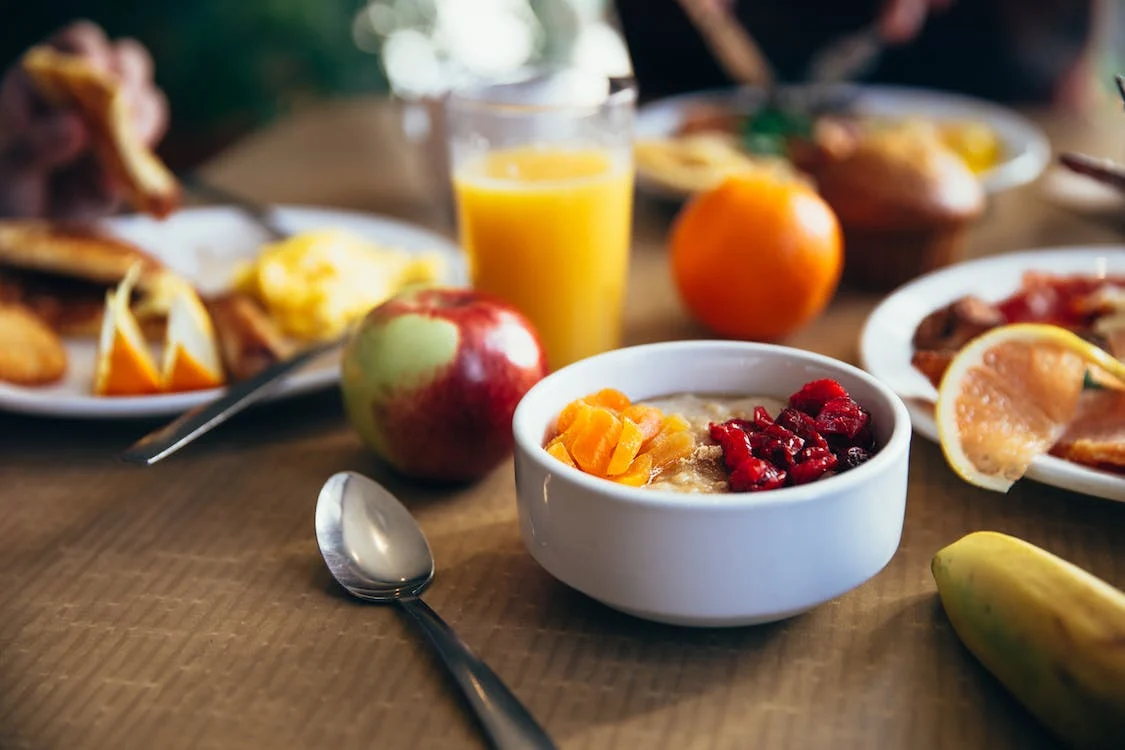
A. Artificial nutrition is indicated if patients are unable to eat adequately (e.g. no food for more than one week or less than 60% of requirement for more than 1-2 weeks) especially seen in patients undergoing CT/RT, or in cases where tumour mass obstructs oral intake as in neck and throat cancers or bowel cancers.
B. Cancer patients during treatment have similar nutritional requirements to the healthy population, around 25–30 kcal/kg/day, with a balance between calorie intake and expenditure, including the degree of physical activity.
C. PN is ineffective and probably harmful in oncological patients in whom there is no gastrointestinal reason for intestinal failure. In chronic radiation enteritis that evolves into intestinal failure, home PN appears to be a reasonable treatment option and is possibly superior to surgery.
#2 A minimum protein supply of 1.5-2g/kg B.W./day is recommended to control catabolism and stimulate synthesis ,modifying the needs, if the comorbidities like kidney diseases are present.
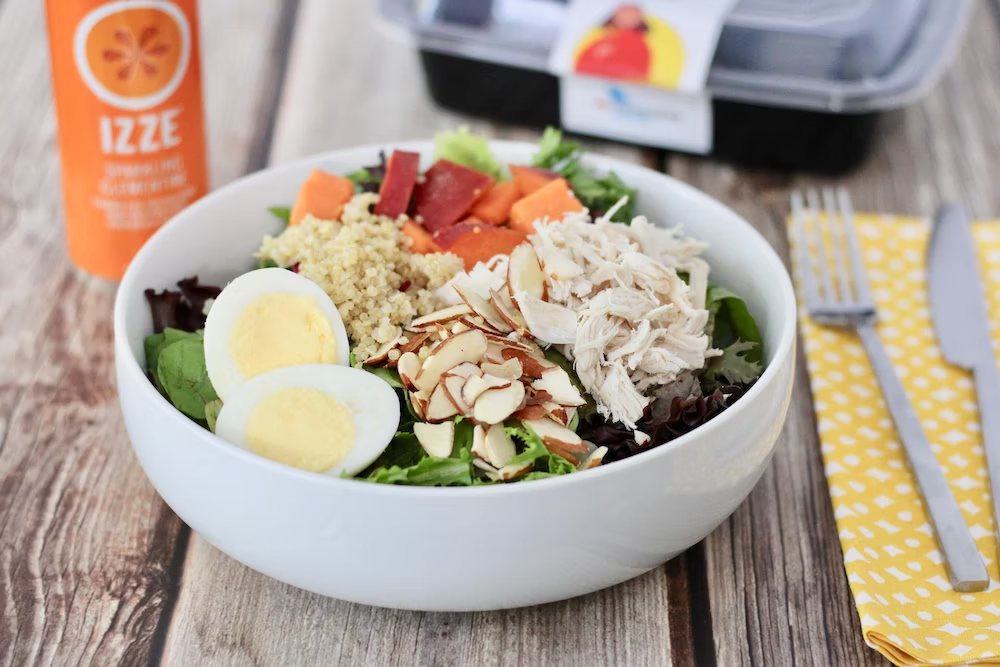
A. These include supplementation with branched chain amino acids (leucine, isoleucine and valine), ß-hydroxy ß-methyl butyrate, carnitine and creatine, which yields clinical inconsistent results.
B. A systematic review has demonstrated that the administration of enteral arginine significantly reduces the incidence of fstulae and hospital stay in patients undergoing surgery for head and neck cancer, although the evidence is insufficient to recommend its use on this population.
C. The effect of oral or parenteral glutamine on the prevention and treatment of mucositis/enteritis associated with radio/chemotherapy and on clinical outcomes in patients with hematopoietic cell transplant, results have been inconclusive. Due to the possible increased rate of tumor relapse in hematopoietic stem cell transplant patients, its use is not recommended in these subjects.
#3 Intake of 1.5g/day of long-chain fatty acids improved appetite, body weight, post-surgical morbidity and quality of life in weight losing patients and reported beneficial effects during CT/RT.
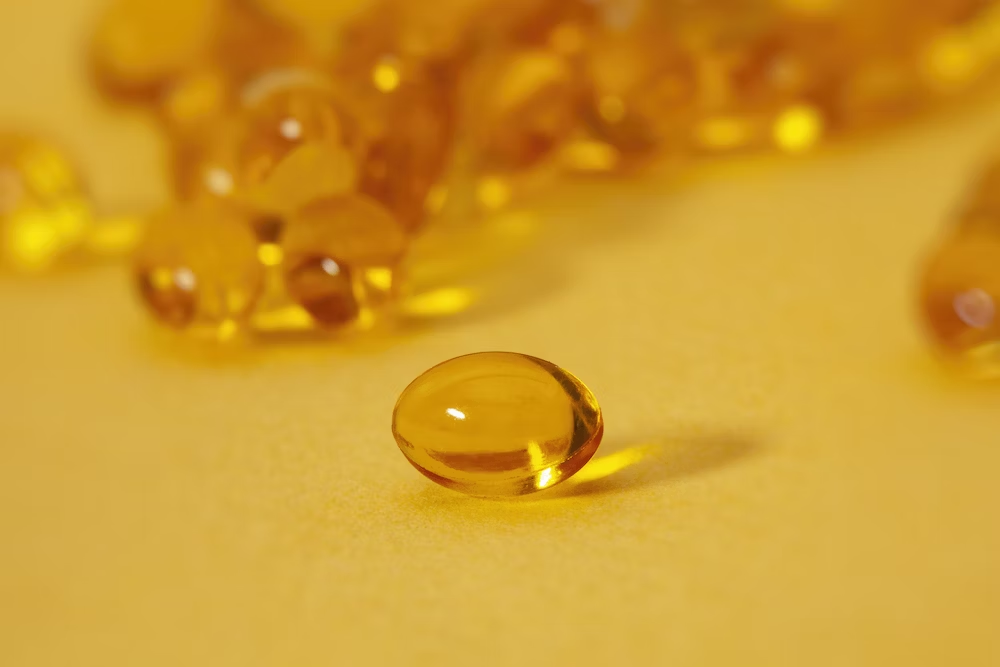
A. Intake of approx. 2g EPA with DHA (0.12g/day), found to improve liver functions in cancer patients especially found in acute lymphoblastic leukemia cancer patients on methrotexate treatment.
B. Patients receiving ibrutinib should be counselled to avoid fish supplements as it causes epitaxis in such patients.
C. Non-RCTs showed positive clinical effects of N-3 fatty acids to chemotherapy treatment , including in breast cancers patients receiving paclitaxel therapy, dose of 0.19g/day EPA + 1.04 g/day DHA, reduces the incidence of neuropathy from 60 to 30%.
#4 Multi-vitamins and minerals are not given until any deficiencies are clinically found in cancer patient undergoing treatment. Drug-nutrient interactions are taken care of while recommending any oral supplements.
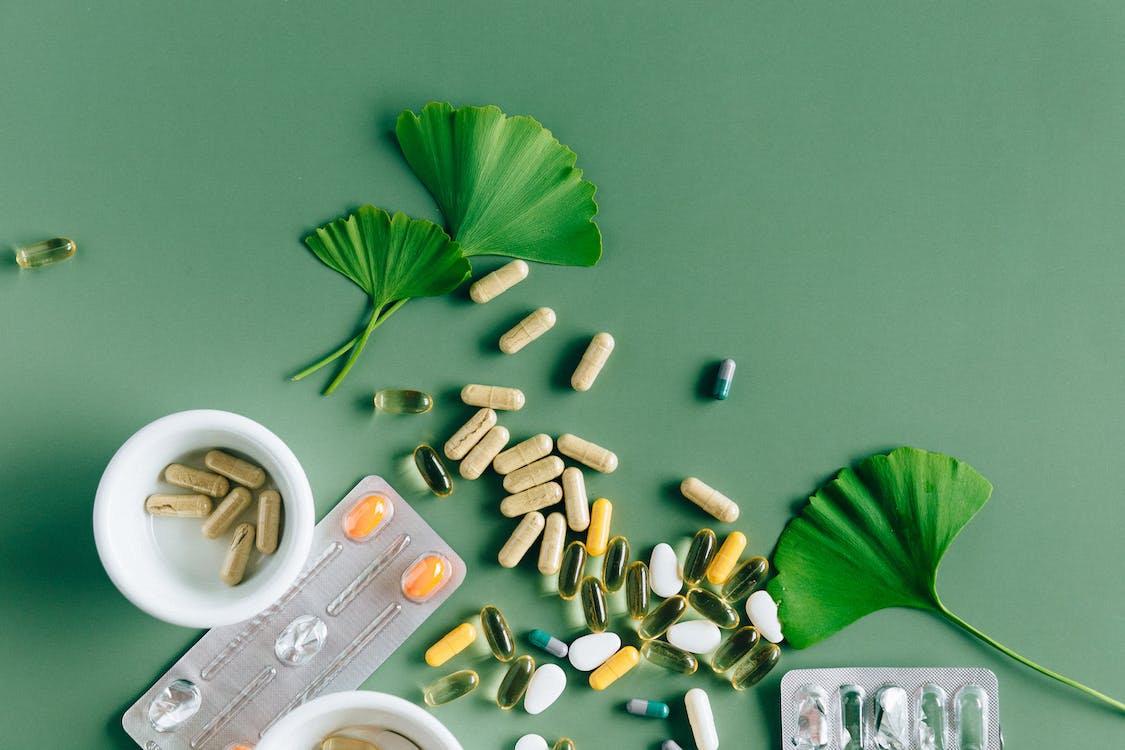
FOODS RESTRICTED:
1.Processed Sugar
2.Cold Refrigerated Foods
3.Dry-Cured, Uncooked Salamon
4.Raw Milk And Milk Products
5.Soft-Cheese Made From Raw Milk
6.Smoked Fish
7.Unpasteurised Fruit Juices
8.Raw Sprouts Like Alfalafa
9.Undercooked Or Raw Beef, Meat, Poultry, Shellfish, Other Fishes, Unboiled Egg
FOODS ALLOWED:
1.Whole Grains And Millets
2.Protein Rich Plant Based Sources Like Pulses And Legumes, Chia
3.Organic And Cooked Eggs
4.Essential Fatty Acids Sources Like Walnuts, Faxseeds
5.Well-Cooked Fatty Fish And Fish Oil Supplementation
6.Unprocessed But Well Cooked Meat
7.Olive Oil
8.Fruits And Vegetables Especially Cruciferous Vegetables, Garlic, Tomatoes Rich Inphytochemicals, Slightly Warm To Avoid Any Infections
Customizing your diet during cancer treatment may be necessary to help you gain strength and survive the effects of the illness and its therapy. When you’re in good health, this could entail feeding foods that aren’t generally recommended.
Cancer patients’ nutritional requirements differ from one another. Your nutritionist can assist you in determining your nutritional goals and devising strategies to help you achieve them.
Speak to an expert oncology nutritionist, call us on +91-9743430000 or visit us https://quanutrition.com/Nutrition_packages/cancer_nutrition.html
The author Palak Pathak is working as a Senior Medical Nutritionist for Oncology Division at QUA NUTRITION SIGNATURE CLINICS. She believes that The Right Nutrition is a choice and a “Change” to adapt for good health in today’s world!!
©2023 All Rights Reserved Ryan Fernando. Designed and Developed by Floral Web Services